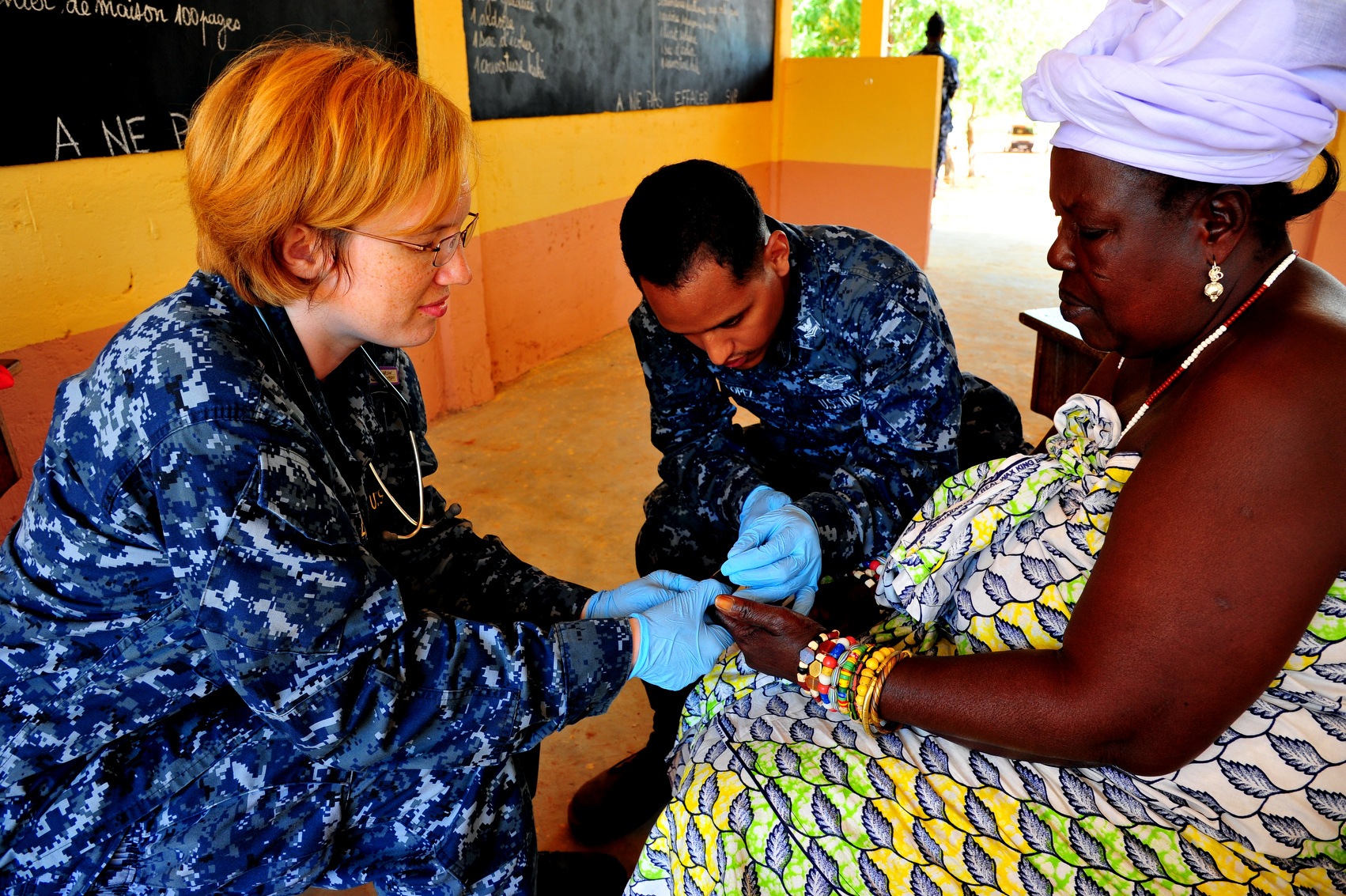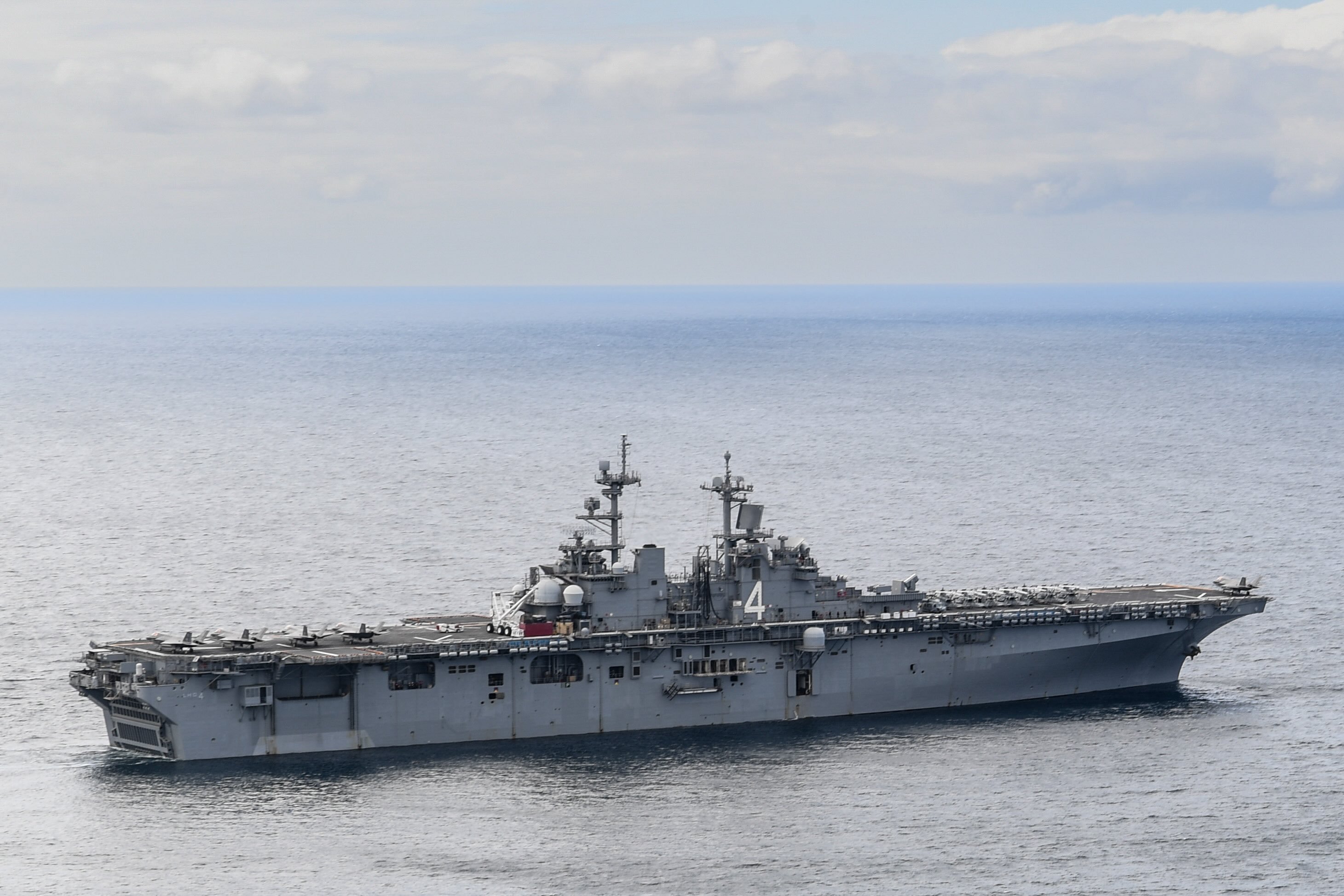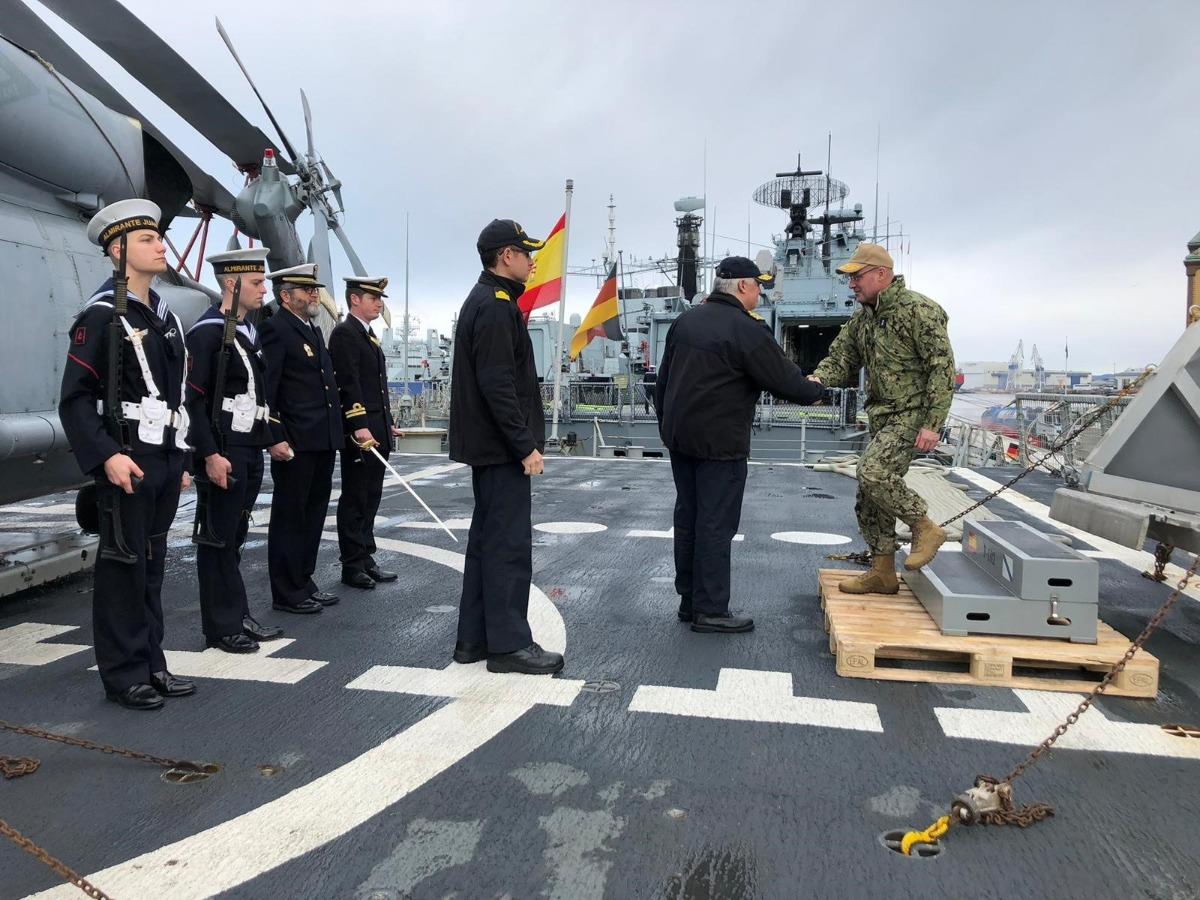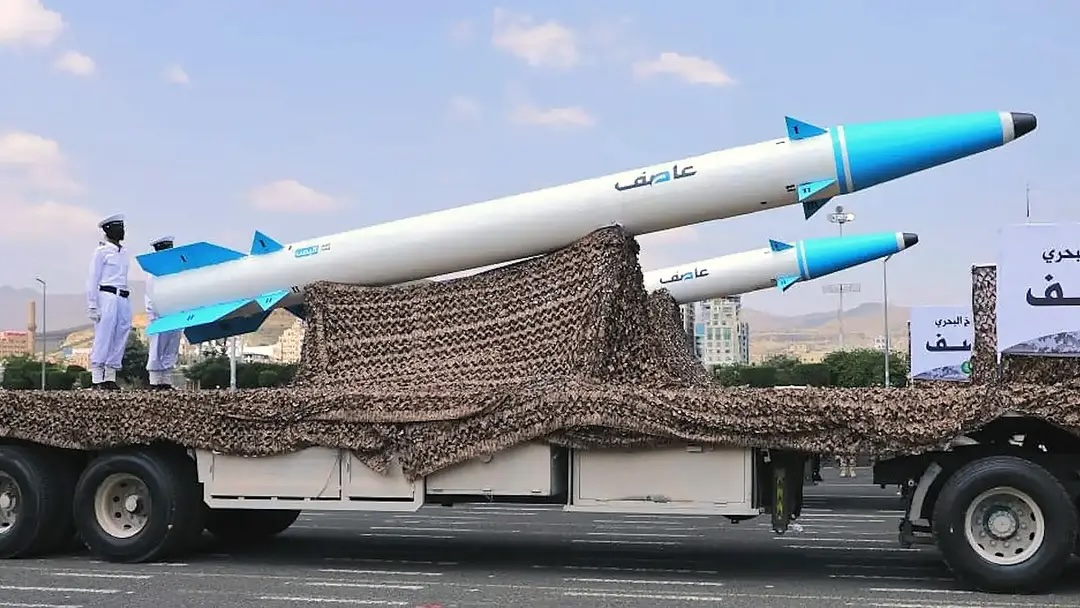
Recent attacks by sub-Sahara-based terrorist organizations brought into focus the U.S. military’s operations, but less noticed is the Navy’s increasing fight to help save lives in the region.
Since summer, Navy entomologists have taken an increased role fighting malaria in Africa, work with the potential to help millions of residents in many of the same countries U.S. special forces are fighting terrorist organizations.
Malaria prevention and control remains a major U.S. foreign assistance objective. The President’s Malaria Initiative coordinates a consortium of U.S. government civilian and military agency resources to fight malaria. According to a statement released by PMI, the fight against malaria aligns with the U.S. government’s strategy to prevent child and maternal deaths and end extreme poverty.
Providing such humanitarian assistance to local governments aligns directly with the U.S. military’s goals for helping stabilize these governments, said Gen. Thomas D. Waldhauser, commander U.S. Africa Command, during a March Senate Armed Services Committee hearing.
Waldhauser explained his focus for Africa Command was to continue working closely with African partner nations to “make small, wise investments which pay huge dividends in building stable and effective governments — the foundation for long-term security in Africa.”
He cited Cameroon, Niger, Nigeria, and Chad as key allies in the ongoing U.S. military effort to contain and degrade the terrorist organization Boko Haram and its offshoot ISIS-West Africa in the greater Lake Chad basin, according to the 2017 Posture Statement released by U.S. Africa Command. Waldhauser also said Uganda hosts a cooperative security location, used as a staging location for rapid crisis response.
Meanwhile, the Navy has four uniformed entomologists fighting the spread of malaria in Cameroon and Uganda, along with Liberia, Mali, Nigeria, and Rwanda, a Navy spokesperson told USNI News. Other nations receiving U.S. aide fighting malaria include Côte d’Ivoire, Burkina Faso, Sierra Leone, and Niger, according to a statement released by the PMI.
“Navy entomologists work around the globe supporting research and vector control programs that enhance the force health protection of U.S. and partner militaries as well as the general public health of host countries we operate in, so it’s a natural fit for (Navy Entomology Center of Excellence),” said a statement released by Capt. Jeffrey Stancil, commander of the Jacksonville, Fla.-based Navy Entomology Center of Excellence (NECE).
In Uganda, where Navy entomologists are leading PMI efforts, malaria is the leading cause of morbidity and mortality, accounting for between 30 and 50 percent of outpatient visits, and 15 to 20 percent of hospital admissions, according to PMI statistics. In Cameroon, all 22 million residents are at-risk for malaria, with children and pregnant women particularly vulnerable, according to a PMI.
When launched in 2005, the PMI’s goal was reducing malaria-related deaths by 50 percent across the sub-Saharan Africa countries with the highest malaria rates. Navy entomologists, working with the PMI, focus on four malaria prevention and treatment measures: insecticide-treated mosquito nets; indoor residual spraying; accurate diagnosis and prompt treatment with artemisinin-based combination therapies; and preventive treatment for pregnant women.
Navy entomologists survey the specific mosquitoes in a given location, evaluate their genetic makeup and their resistance to insecticides. They also study data about the population at risk in a given area and develop strategies to help local health authorities combat malaria, according to a statement released by the Navy.
Additional uniformed entomologists support malaria research in Africa and the Navy Environmental and Preventive Medicine Unit-7, based in Rota, Spain, provides direct support to U.S. Africa Command for a variety of activities designed to prevent the spread of malaria, according to a Navy spokesperson.





